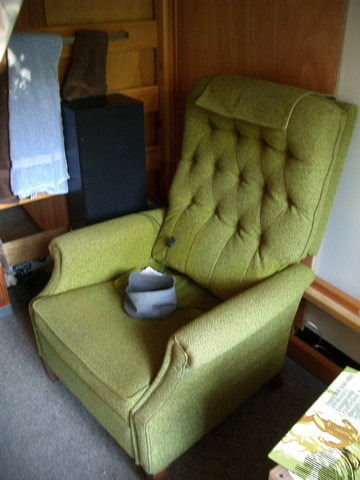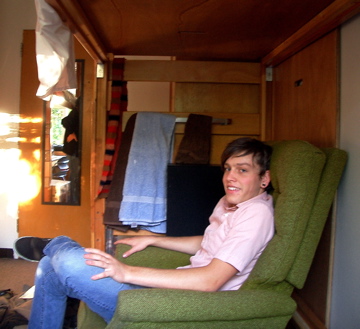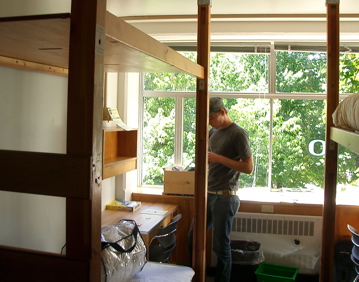In 1921, September 3 fell on a Saturday. On that day:
A son, Stephen Daniel, is born to the Rev. Sjur and Otilia (Sieverson) Brekke in Warren, Minnesota, the seat of Marshall County. I’d love to know what the Rev. Brekke’s sermon was the next day to his congregation at Bethlehem Lutheran Church in Alvarado, 11 miles west of Warren.
Elsewhere:
Henry Bellmon, future governor and U.S. senator from Oklahoma, is born near Tonkawa, Oklahoma.
St. Johnsville, New York, police officer David Bennett Hill is struck by a hit-and-run driver and killed.
Photographer Ruth Orkin born in Boston.
The Cincinnati Reds beat the visiting Chicago Cubs, 4-0, at Crosley Field (so what’s new?). The White Sox fall to the St. Louis Browns, 5-0, at Comiskey Park. The game marks the final appearance of Browns pitcher Joe DeBerry, 24, just a year after making his big-league debut.
Florence M. Foos, 19, marries Fred D. Erni in Bison, Kansas. They had been married nearly 65 years when she died on April 3, 1986.
The population of the world: Roughly 1.86 billion (today: 6.46 billion). Of the United States: 105 million (today: 297 million). Of Marshall County, Minnesota: 19,443 (2000 census: 10,155).
Film star Roscoe “Fatty” Arbuckle drives from Los Angeles to San Francisco to party with friends. By the end of the Labor Day weekend, he’d be a suspect in a murder case — a scandal that all but ended his career.
The September 3 Saturday Evening Post features an article called “The Uses of Calamity” by journalist and early press critic Will Irwin (I haven’t found the text).
In Binghamton, New York, Erma Mae Bryan, 24, marries Herman Otto Wunderlich, 42, who had refused to wed until his mother had passed away.
In the September 3 issue of the British medical journal, The Lancet, Dr. R.W. Burkitt notes that powdered rhubarb has proven effective in treating acute dysentery.
Robert Staughton Lynd marries Helen Merrill. Their son, Staughton Lynd, becomes a noted conscientious objector.
In the 16th Davis Cup tennis tournament, the United States defeats Japan, 5-0.
Ernest Hemingway married Hadley Richardson (it didn’t last).
The Arkansas City (Kansas) Daily Traveler reports: “John Peters, for fifteen years a resident of the little town of Ashton, in Sumner county, west of here, has located in Arkansas City and will in the future make his home in the best city in Kansas. … He has purchased the grocery store of A. L. Bendure, located at 426 North A Street, and he will take charge of the business there next Monday morning.”
Lightning strikes the Lower Coverdale, New Brunswick, Methodist Church.
Like this:
Like Loading...



